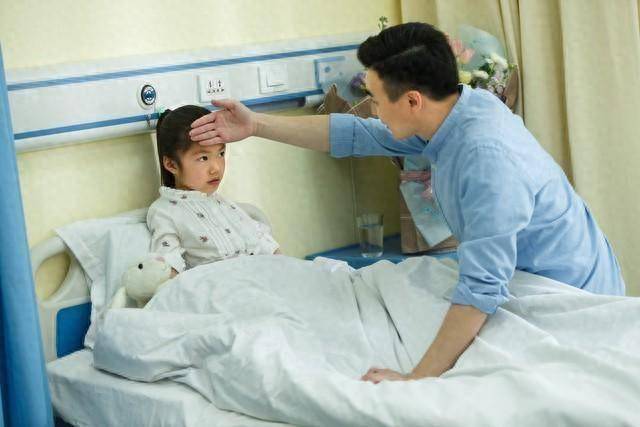What is Obsessive-Compulsive Disorder (OCD)?
OCD is a common mental illness characterized by obsessive thoughts and behaviors. Obsessive thoughts refer to irrational and unnecessary thoughts that persistently occur in the patient’s mind, causing distress or fear. On the other hand, compulsive behaviors involve repeatedly engaging in monotonous activities such as excessive handwashing or checking if doors and windows are closed to seek reassurance. OCD can significantly impact the patient’s daily life and mental health and requires prompt treatment.
Can a 16-year-old student undergo psychological therapy?
At the age of 16, adolescents experience significant changes in both their mental and physical aspects as they enter puberty. During this period, some students face various pressures related to academics, relationships, and more. Individuals with OCD are more susceptible to worsening their condition due to these pressures. Therefore, we strongly recommend psychological therapy for 16-year-old students. Psychological therapy, being a side-effect-free treatment, can assist patients in better understanding and managing their emotions.
What psychological therapy methods can be chosen?
For a 16-year-old student with OCD, the choice of psychological therapy should be personalized based on individual characteristics. Common treatment methods include Cognitive Behavior Therapy, Interpersonal Therapy, Family Therapy, and medication. Cognitive Behavior Therapy is an effective approach that helps patients manage their obsessive thoughts and behaviors. Interpersonal Therapy aids patients in addressing relationship issues with family or peers. Family Therapy involves family members in the treatment process to help patients understand their interpersonal dynamics. Additionally, medication can be prescribed to regulate the patient’s emotions and alleviate symptoms.
What issues need attention?
Firstly, psychological therapy requires collaboration between patients and parents. Patients should express their feelings honestly during the treatment, while parents should offer necessary understanding and support. Moreover, the duration and progress of therapy should be adjusted according to the patient’s condition, selecting appropriate treatment options based on the severity of the illness. Lastly, after treatment completion, the patient’s recovery progress should be monitored long-term to prevent relapses.
Psychological therapy is a side-effect-free, effective treatment for OCD, suitable for young patients. 16-year-old students with OCD should receive timely treatment, select appropriate therapy approaches, and maintain cooperation and patience throughout the therapy process. Following treatment, long-term monitoring is essential to prevent recurrence. [Source: http://xrkjzz.com/b/401673.html. Please indicate if reprinted]


